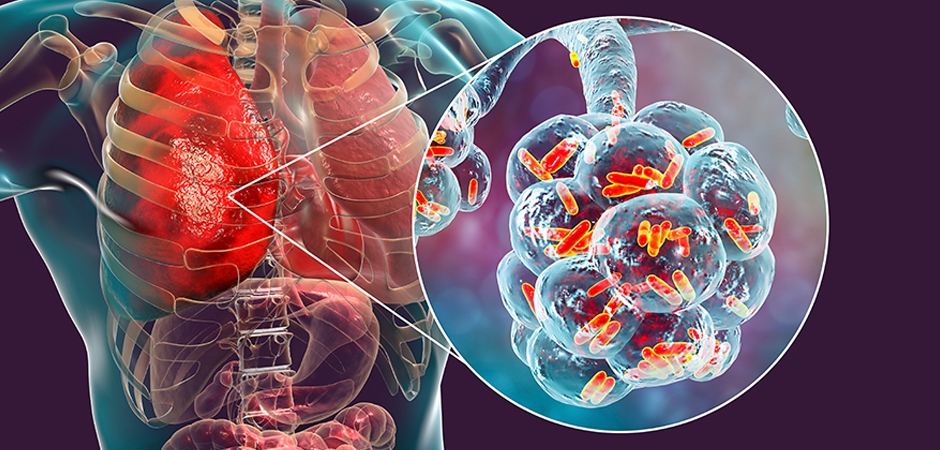Pulmonary function tests (PFT’s) are breathing tests that are performed to learn how well you move air in and out of your lungs and how well oxygen enters your blood stream. Your physician at Kamelhar Pulmonary may recommend these tests in order to understand why you are coughing, short of breath or wheezing, or having other breathing symptoms. Pulmonary function testing may also be requested by other specialists caring for conditions or illnesses that can cause lung disease. These tests are performed by highly trained technologists at Kamelhar Pulmonology using state-of-the art equipment. Testing generally takes 30-40 minutes with the results available for you to review with your physician during your visit. To schedule a consultation with Dr. David Kamelhar at the Midtown East New York City pulmonology practice, call the office or book an appointment online today.
Pulmonary Function Testing Q & A
What is Pulmonary Function Testing?
Measurement of breathing function has been performed since 1840 when spirometry was invented. During breathing or pulmonary function testing, measurements are made of how much air is in your lungs both when you fill and when you empty them, how fast the air moves through your bronchial tubes to see if they are narrow, and of how well gas goes from the air sac(alveolus) into the blood stream. Testing may be done as well to see whether shortness of breath may be a result of dropping oxygen during exercise.
Spirometry:
Spirometry is the most common test performed and measures how fast air flows through the bronchial tubes when you exhale, or blow out forcefully after taking a very deep full breath. If narrowing is present, a bronchodilator inhaler may be used to see whether the air flow is improved as the muscles lining the wall of the bronchial tube relax. This improvement or bronchodilator responsiveness typically occurs in asthma and chronic obstructive pulmonary disease (COPD) but may be seen in other conditions as well if there is inflammation in the bronchial tubes. Bronchiectasis may affect bronchial tube function and may cause cough and wheezing and may be misdiagnosed as asthma.
Lung volume measurement:
While spirometry may be performed on a simple desk-top device, lung volume measurement requires a more sophisticated testing system. Kamelhar Pulmonology utilizes the same tools that are found at university-affiliated hospitals and medical centers. Testing is performed in a plexiglass box similar to a telephone booth which sits next to the technologist; at times the door is open and at times it is closed. Full communication is present during the testing as you and the technologist see and hear each other at all times. Inflammation or scarring from conditions that include interstitial lung disease, inhalational disease, sarcoidosis and others, can cause low lung volumes or restrictive changes.
Other conditions that can affect breathing function:
Many broader medical conditions may include inflammation or other forms of damage to the lungs. These include autoimmune diseases such as rheumatoid arthritis, scleroderma and polymositis, neoplastic diseases or cancers that start outside of the lung that may spread to the lung. The medications that are used to treat various cancers and other non-cancerous conditions may cause lung inflammation and scarring. Heart failure or weakness can mimic lung weakness or can cause fluid to accumulate in the lung and impair lung function. Wheezing can result as well.
How are breathing test used?
These breathing tests may be used to confirm a diagnosis, to track a disease and to monitor treatment
The results of your breathing tests and how those results may affect your treatment will be discussed with you and with other physicians caring for you.
You will be given specific instructions prior to you test about use of inhalers and the like in advance. Please see the attachment below
When lung function testing is indicated, you can rely at the physicians at Kamelhar Pulmonology to perform and interpret the testing with precision.







